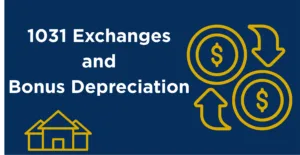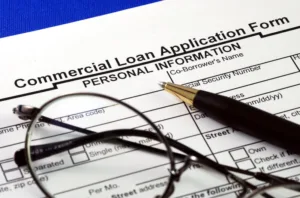Every investor worries about the downside. Real estate can be one of the safest paths to long-term wealth, but that doesn’t mean it’s foolproof. A single oversight – a bad loan, an overlooked risk, a careless tenant – can eat into your returns. \
The good news? With some planning and discipline, you can protect yourself.
Here are five ways to safeguard your investments:
1. Take Due Diligence Seriously
Buying a property without digging in is like buying a used car without opening the hood. You might get lucky, but chances are you’ll regret it later.
When doing due diligence, focus on these key areas:
- Environmental Risks: Is there contamination on the site or nearby?
- Tenants: What do leases actually say about obligations and renewals?
- Market strength: Are jobs stable and plentiful, or is the local economy weakening?
- Neighborhood: What’s crime like? Are new developments nearby strengthening or weakening demand?
Investors who skip these steps often end up paying the price. A careful review up front saves money and headaches down the road.
2. Keep Vacancy at Bay
Empty units drain cash. Full ones keep your investment healthy. The math is that simple.
One of the best vacancy strategies isn’t a financial trick; it’s human. Treat tenants with respect. Keep their spaces in good condition. When tenants feel valued, they’re more likely to pay on time, stay longer, and take care of your property.
Of course, not every tenant will cooperate. For those who don’t, move quickly. Send notices promptly and enforce the lease. By acting consistently and quickly, you set the expectation.
3. Carry Insurance That Actually Protects You
Storms, fires, lawsuits – none of it is far-fetched when you own investment property. Without the right insurance, a single event could wipe out years of earnings.
At a minimum, you need two layers of protection: coverage for the building itself and liability protection in case someone gets hurt. For income-producing properties, loss-of-rents coverage is another safeguard worth considering. Insurance may not be exciting, but it might be the thing that saves your bottom line.
4. Stay on Top of Maintenance
How you treat your property sets the tone. If you ignore upkeep, tenants notice – and usually respond in kind. If you stay on top of things, most tenants will respect your space, too.
Maintenance also protects the property itself. A roof repaired early may cost you a few thousand dollars. A roof replaced too late could cost ten times more, plus interior damage repair. The choice is obvious.
But maintenance is about more than avoiding big-ticket repairs. Well-kept properties attract better tenants, justify stronger rents, and create pride of place. A clean, well-lit building signals that you care about the investment, and your tenants will mirror that attitude. Think of maintenance less as an expense and more as a long-term strategy for protecting your value.
5. Watch Out for Adjustable Loans
Financing is often where investors get blindsided. Many commercial mortgages lock in rates for five to seven years. After that, the loan switches to variable rates or comes due. If interest rates rise in that period, payments can dramatically jump – and you risk not being prepared to cover it.
The fix is straightforward: know your loan terms and plan ahead. Refinance when rates are favorable, not when you’re forced to. Investors who manage their debt proactively stay in control. Those who don’t may find themselves underwater when the markets shift.
Final Thoughts
Protecting a real estate investment isn’t about luck – it’s about discipline. Do the research, hold onto tenants, insure wisely, stay on top of maintenance, and manage your financing with care. Each of these makes your portfolio – and wallet – stronger.
Many investors we work with appreciate having guidance that keeps their investments secure. If you’re looking to grow your portfolio in Pennsylvania or Maryland, contact us to talk through strategies that can protect your returns while building long-term wealth.





